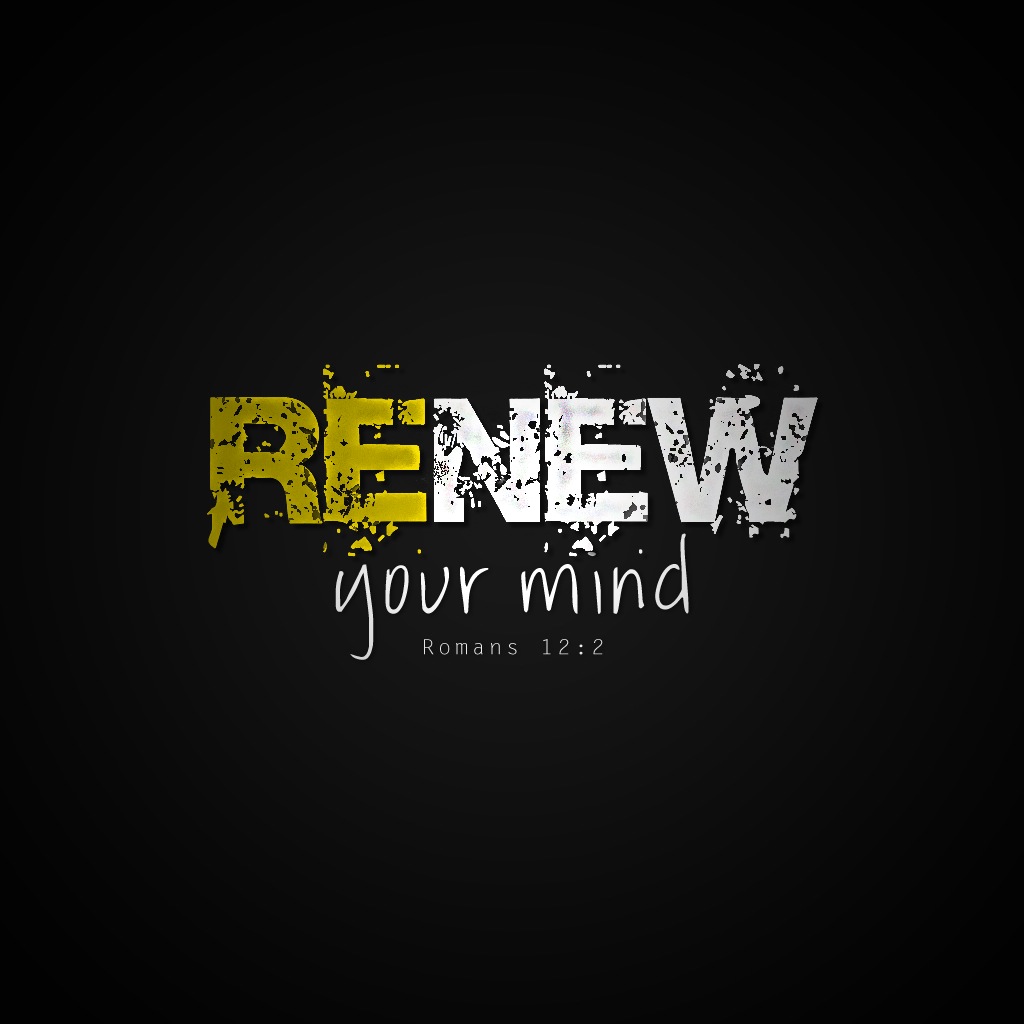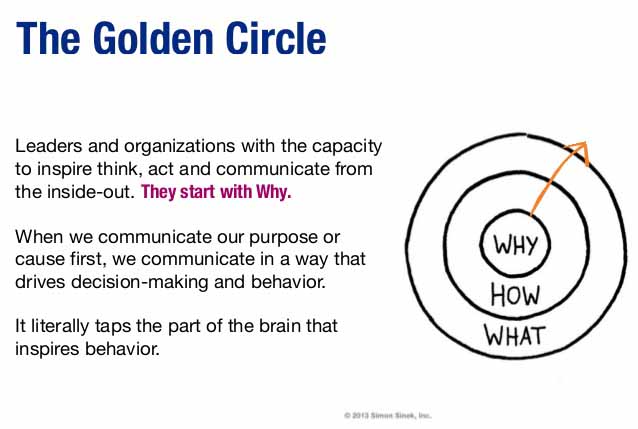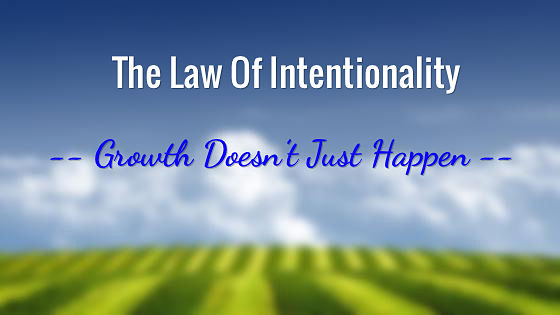First, let’s define what is rapport?
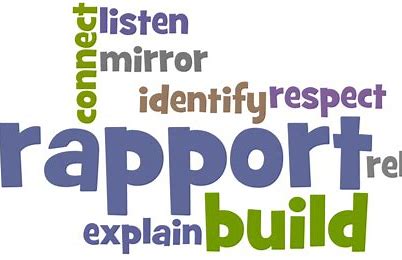
Rapport is a relationship of mutual understanding or trust and agreement between people. It is what happens at an unconscious level that makes us ‘click’ and is enhanced by a perception of likeness and liking. It includes the ability to see the other person’s point of view (even though you may not necessarily agree with it), and is a vital element in any form of communication, including the business context.
Indicators of good rapport include:
- Similar body posture
- Gesture in similar ways
- Same rhythm in movement and speech
- Breathing levels are similar
- Voice tone
Why is rapport important?
How often have you heard “She was so rude”, “He just didn’t seem to care”, “You don’t understand”, “I’m not sure if I trust him”. Rapport gives the ability to relate to others in a way that creates a climate of trust, openness and understanding. It is a key part of building relationships in the business world.
How to achieve great rapport
Think of people with whom you already have great rapport. What is it you do, how do you communicate and what do you talk about? All these factors can give us a clue to the key aspects of building rapport. But what can you do in business if it doesn’t occur naturally? You need to pay conscious attention to Matching or mirroring (not mimicking) those elements that are part of natural rapport.
Research indicates that only 7% of our communication comes from the words that we use – for example the use of common expressions, terminology, etc.
How we say things – that is our tone, volume, pitch, emphasis – accounts for a further 38%.
And a massive 55% comes from a person’s appearance and physiology – how you sit or stand, your facial expressions and so on.
This means that 93% is unconscious.
So how do we make use of these factors? Well, the closer we can match these (not mimic) to the other person the more likely we are to build rapport.
So here are my 8 tips.
1. Match your tone, pace, volume and inflection – without it being obvious – to the person with whom you’re talking. I’m not talking about mimicry here, rather a subtle shift in the way you communicate.
2. Listen to the type of language and terminology they use so you can mirror this.
3. Make your body language open. Uncross your arms; avoid covering your heart and turn to face the person you are talking to. This encourages openness and trust.
4. Find common ground from the beginning of the conversation. Generally, people like people who are like themselves.
5. Show your interest. Make eye contact and ask questions
6. Show that you’ve been listening by asking appropriate questions. Sincerely. Most people spend 95% of their time thinking about themselves.
7. Ask questions: People love it when you show genuine interest in what they’re doing.
8. Step into the other person’s shoes and try imaging life from their viewpoint. We all have different perspectives on things, so don’t assume other people see things exactly the way we do.
The above points are easy to practice – and you’ll be amazed at the results. Try them and watch your rapport build.
A great resource I recommend if you’re wanting to learn how to better connect with your clients, team or employees is the book Everyone Communicates Few Connect by John C. Maxwell.
Talk is cheap. Everybody does it. The question is, how can you make your words matter and influence the outcome you want? How can you really connect with others? Inside this book, Maxwell offers his proven method – five principles and five practices so you can learn how to better connect.
Want to develop this skills or practice them? Let’s connect.
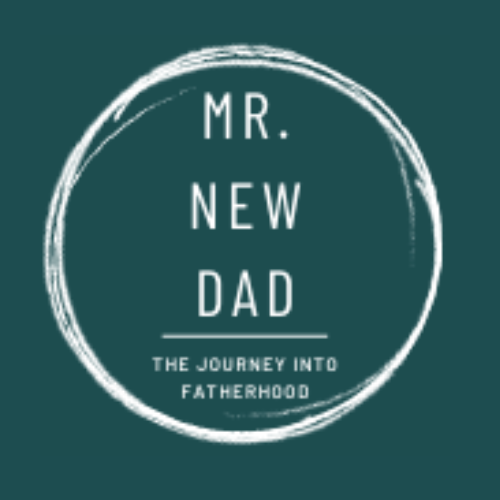

 down to the Caribbean and visit the Bahamas with two of my sisters. It’s not often I get to travel with my family, so I took the opportunity to invest in my relationships with them and I’m glad I did. If you should know anything about me, I value family and I’m extremely thankful for them, especially mine and how connected we are and have been. So many people we met complimented us and mentioned how nice it was we were traveling as a family. It made me wonder, do people still take family vacations?
down to the Caribbean and visit the Bahamas with two of my sisters. It’s not often I get to travel with my family, so I took the opportunity to invest in my relationships with them and I’m glad I did. If you should know anything about me, I value family and I’m extremely thankful for them, especially mine and how connected we are and have been. So many people we met complimented us and mentioned how nice it was we were traveling as a family. It made me wonder, do people still take family vacations? followers allows that value to be felt. In a world that’s filled in chaos and people searching for authentic and genuine relationships, serving others and investing in them is something people value and are looking for. However, when it’s seen, it’s can very unfamiliar and even foreign to some people.
followers allows that value to be felt. In a world that’s filled in chaos and people searching for authentic and genuine relationships, serving others and investing in them is something people value and are looking for. However, when it’s seen, it’s can very unfamiliar and even foreign to some people.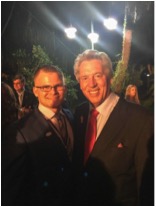
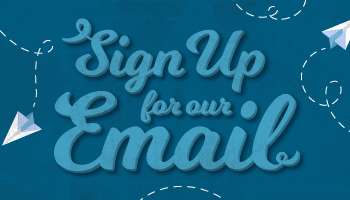
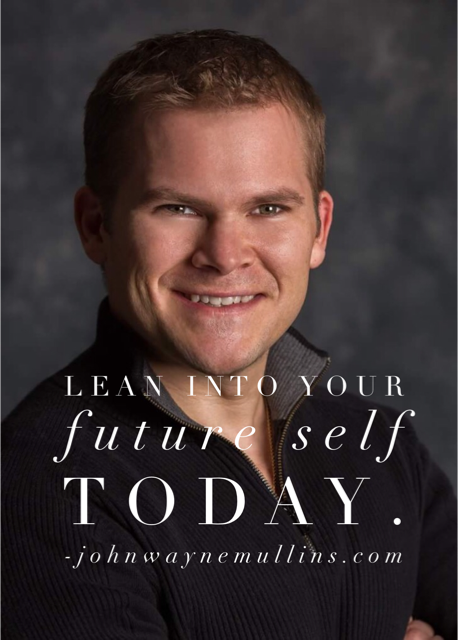
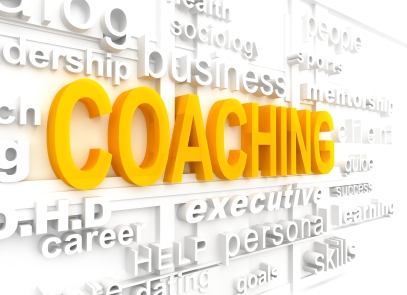

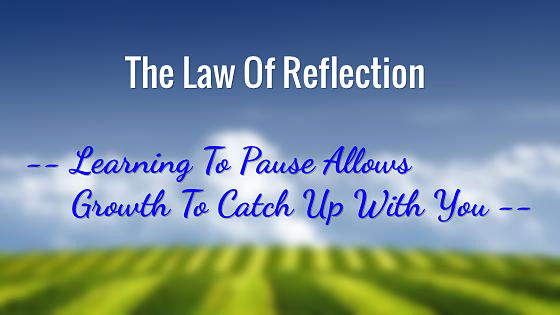

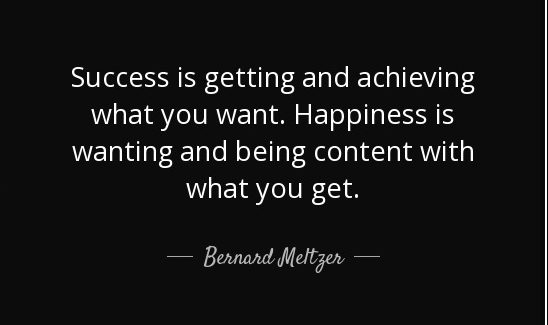
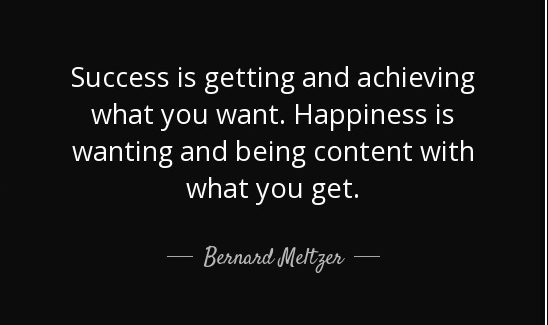 believe as you grow closer to Him, you’re going to be tried, test, and challenged, especially by the enemy who wants to keep you from God. It’s also in this pursuit, where you begin to transform, especially in your mind. A strong mind has the capacity to overcome challenges. What you believe, the body will follow. Leadership author Michael Hyatt states, “When a person is strong-minded, they have the energy and stamina to face a challenge without being robbed of inner strength”. If you allow barriers to form in your mind, you’ll keep yourself from believing you’re capable of achieving that dream.
believe as you grow closer to Him, you’re going to be tried, test, and challenged, especially by the enemy who wants to keep you from God. It’s also in this pursuit, where you begin to transform, especially in your mind. A strong mind has the capacity to overcome challenges. What you believe, the body will follow. Leadership author Michael Hyatt states, “When a person is strong-minded, they have the energy and stamina to face a challenge without being robbed of inner strength”. If you allow barriers to form in your mind, you’ll keep yourself from believing you’re capable of achieving that dream.

